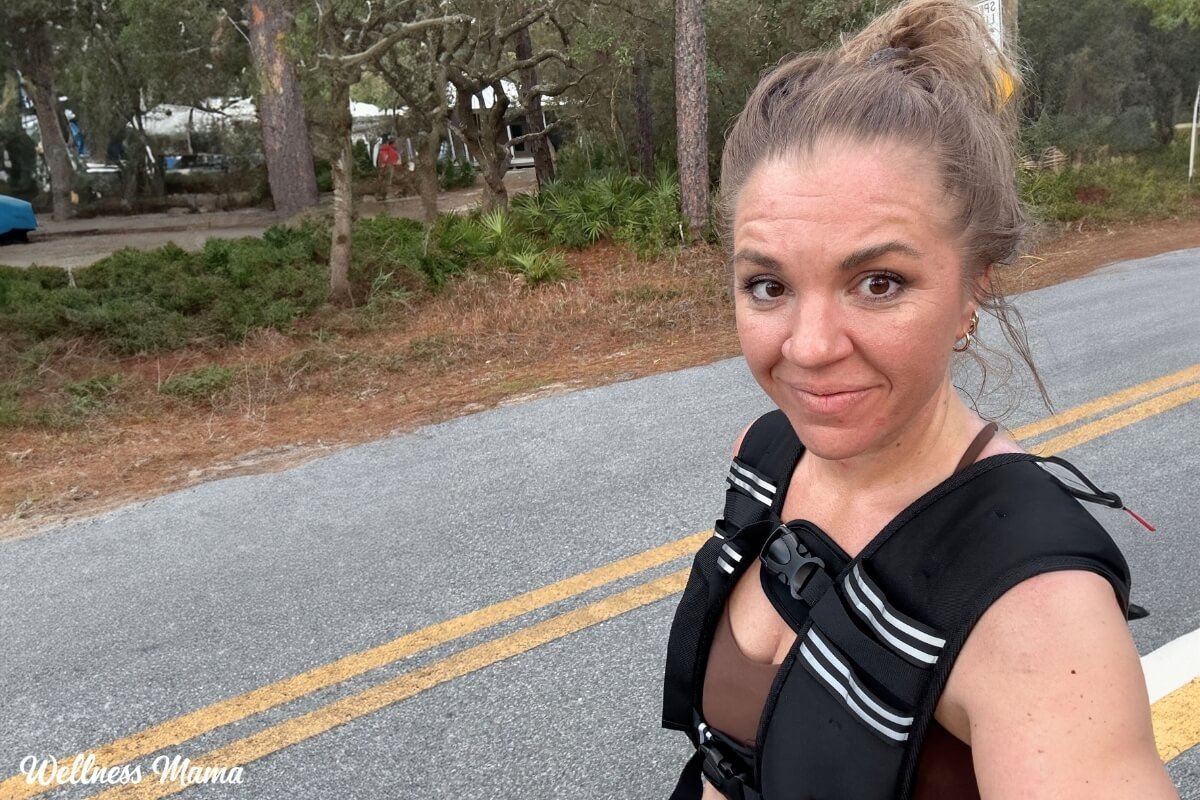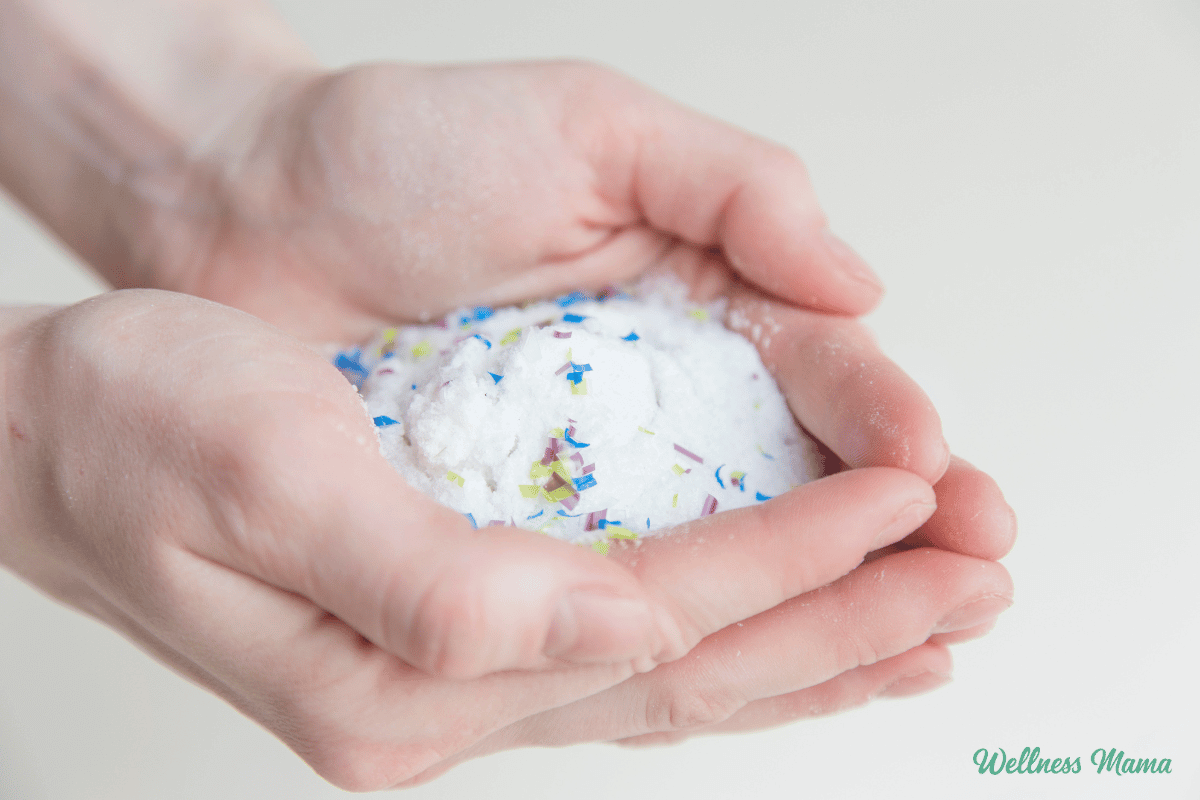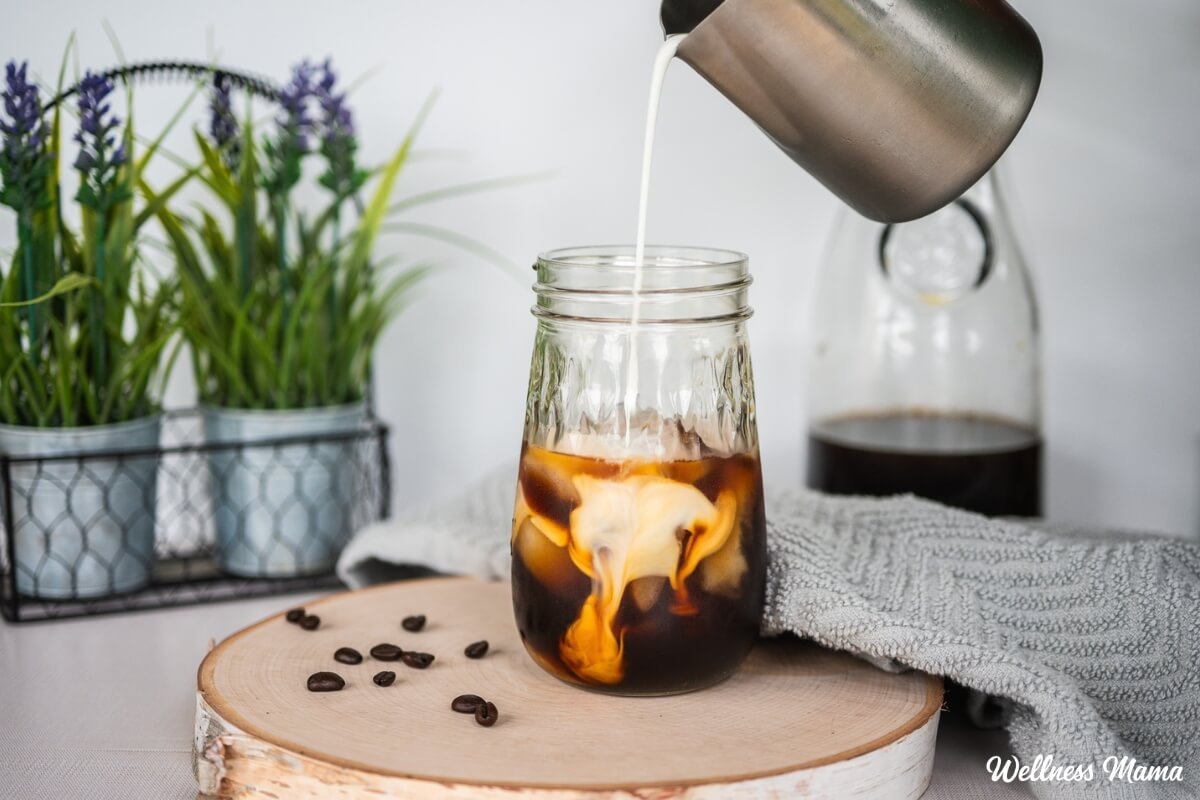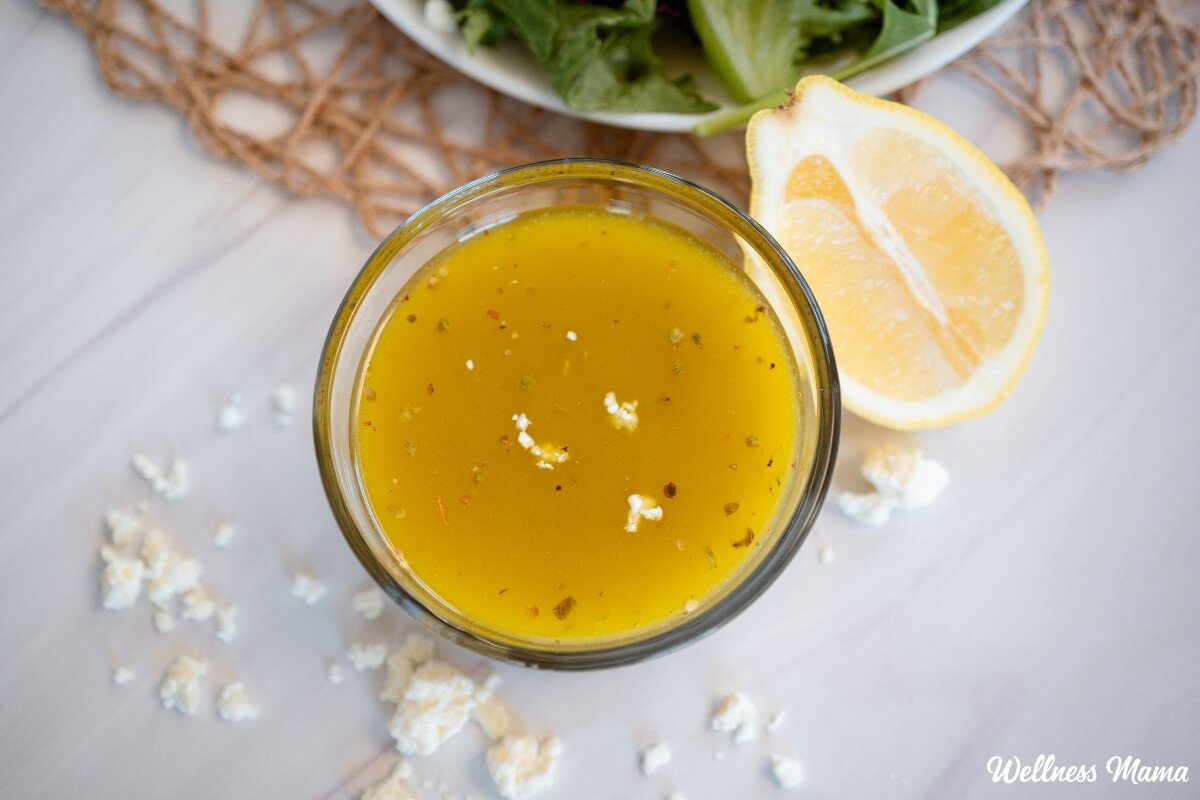I’ve previously discussed why we avoid scented candles and what alternatives we use. One of my preferred options is essential oil diffusers, and several people have asked for my diffuser recommendations.
I’m not an expert in aromatherapy, but I’ve tested various diffusers. I’m here to share insights on the ones we’ve used, highlighting their pros and cons. This may guide you in selecting a quality diffuser suitable for your family.
Not all diffusers are the same; some perform much better than others. I wish I had similar reviews before purchasing, and I hope my experiences help you.
Benefits of Essential Oil Diffusion
What does it mean to diffuse essential oils, and why do it? Electric diffusers disperse a fine mist of water and essential oil droplets into the air, either continuously or intermittently. There are also passive diffusers, like reed diffusers, which don’t use water.
Diffusers aren’t merely natural replacements for plug-ins and air fresheners. Each essential oil contains potent chemicals from its source plant. These bind to our olfactory receptors, affecting our limbic system, which controls our emotions, hunger, anger, sleep, and more, illustrating how oils can significantly impact us.
Numerous studies (and much anecdotal evidence) suggest these benefits of using essential oils, depending on the type:
- Stress reduction
- Enhanced mental clarity
- Mood elevation
- Calming and soothing, aiding sleep
- Air purification
Essential oils offer more than just home fragrance. It’s crucial to be careful in using them around loved ones and children.
Top Essential Oil Diffusers
Choosing the right essential oil diffuser can seem daunting due to the variety available. Here are a few types:
- Heat diffusers
- Evaporative diffusers
- Nebulizing diffusers
- Ultrasonic/humidifying diffusers
I’ve researched and tried each diffuser type, discovering their advantages and disadvantages.
1. Heat Diffusers
Heat diffusers use heat to transform water and essential oil into a vapor that fills the room. They can use electricity or the heat from a candle/flame.
I haven’t found a heat diffuser as effective as even the least efficient nebulizing or ultrasonic diffuser I’ve tried. The heat changes essential oils’ beneficial properties, thus I generally don’t advocate this method for diffusing oils.
With curious kids or pets, these can be risky, notably those using candles lacking an automatic shut-off, making them unsafe to leave unattended or overnight.
2. Evaporative Diffusers
These diffusers use a fan to circulate air over an essential oil-infused pad. As the oil evaporates, its scent, and properties disperse into the air.
Diffuser pendant jewelry is another evaporative type. The idea is that the oil evaporates naturally and affects the air and skin. I find these less effective than nebulizing or ultrasonic diffusers.
Reed diffusers offer a subtle scent if nearby but aren’t efficient in large spaces.
3. Nebulizing Diffusers
Often considered the most effective, nebulizing diffusers require neither water nor heat. They atomize essential oils into fine particles, dispersing them into the air.
I favor nebulizing diffusers. They maintain a continuous essential oil stream and are suitable for large rooms.
Pros:
- Connects directly to the oil bottle, activated by switch
- No need for water or setup
- High essential oil concentration, perfect for large areas
- Timed operation options, offering controlled usage
- No light, ideal for nighttime use
Cons:
- Louder than ultrasonic diffusers
- Consumes oils more quickly, due to direct attachment
- More costly than ultrasonic models
We use the Advanced Aromatherapy Essential Oil Diffuser from Amazon. I’ve invested in several, given their performance. Diffusing for just 15 minutes leaves a lasting aroma for hours.
4. Ultrasonic Diffusers
Similar to nebulizing models, ultrasonic diffusers create a mist using water and essential oils. However, they provide less essential oil concentration and help slightly humidify the air.
Some include LED lights, which isn’t a nighttime feature I use. You can find ultrasonic diffusers affordably at stores but be cautious; they may include synthetic fragrance oils rather than genuine essential oils.
Pros:
- Less expensive than nebulizers
- Offers light humidification, beneficial in cold months
- A wide range of options
- Function without heat
- Large water tank capacity
Cons:
- Requires water
- Needs periodic cleaning
- Some models’ lights can’t be deactivated
- Less effective than nebulizers
We use varied ultrasonic diffusers; some outperform others. Favorites include:
- The Noor Litemist Aromatherapy Diffuser: A cone-shaped design that runs for hours, with an optional night light. (Avoid LED lights at night)
- The Allay Litemist Diffuser: Similar to Noor, slightly cheaper. Lacks a light-off option, restricting nighttime use.
- Portable Car Diffuser: Although smaller models needed frequent refills, this one takes up a cupholder but has effective control features and a sleek design with additional accessories.
Alternative Ways to Freshen Indoor Air
Essential oils are excellent for adding natural aromas indoors, but they’re not the only solution. We keep our air clean through:
- Indoor plants: Based on a NASA study, plants can filter out VOCs and toxins.
- Salt lamps, beeswax candles, and charcoal bags: These purify air without diffusers or oils, though without adding scent.
- Air filters: Important for minimizing indoor toxins. Ensure not to place a diffuser near an active air filter, as it will remove the essential oils.
Conclusion: Selecting the Best Essential Oil Diffuser
Despite their perfume-like nature, essential oils impart potent plant properties with medical effects. Researching diffusers is advisable, aiming for models with kid-safe blends and intermittent mist settings, especially for families.
Pets require careful diffusion considerations. Birds, particularly, are vulnerable to oils, and diffusing around them is generally not advised.
This article has been medically reviewed by Madiha Saeed, MD, a board-certified family physician. It isn’t intended as personalized medical advice; consult your doctor for that.
Have you tried a diffuser? Please share your thoughts or experiences!

















Leave a Reply